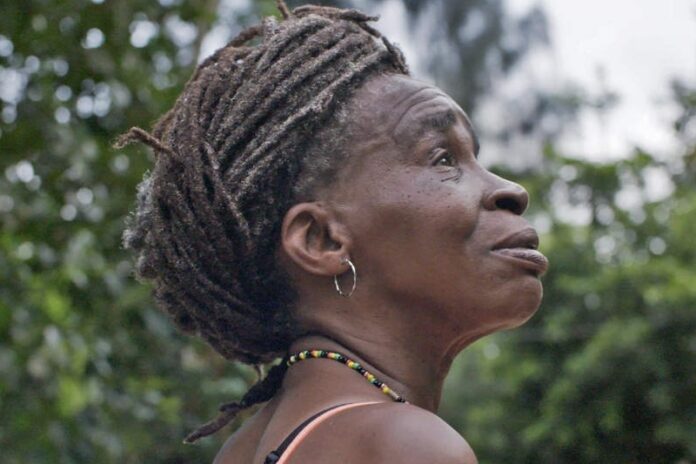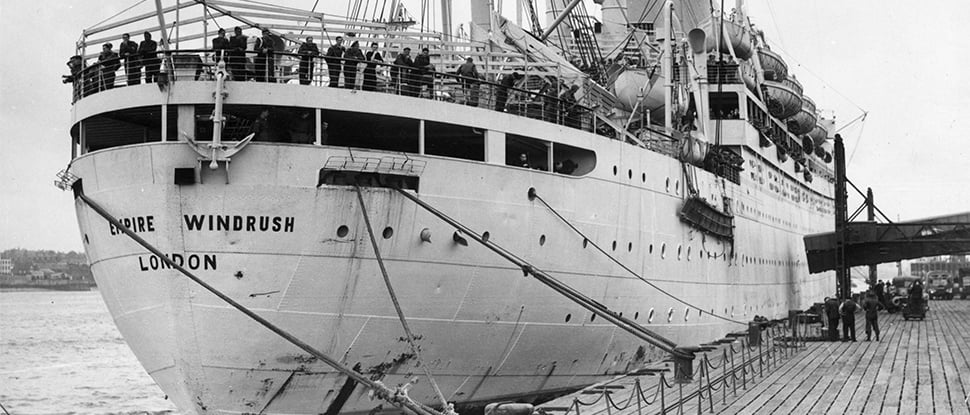
The death of Caribbean-born British activist Paulette Wilson has intensified calls for the acceleration of the payment of reparations by the British government to the Windrush generation of Caribbean immigrants who were wrongfully classified as illegal aliens.
Thousands of Caribbean migrants entered Britain between 1948 and 1973 to fill a post-war workforce shortage. People born in the British Empire and its former colonies were granted the right to live and work in Britain.

These people were called the “Windrush generation” after the Empire Windrush, a ship that brought the first large group of Caribbean migrants into Britain after the Second World War.
Paulette Wilson died at 64, only weeks after she and other Windrush campaigners presented a petition with over 130,000 signatures to parliament, urging the government to speed up the compensations.
When Wilson entered Britain from Jamaica in the late 1960s, she was ten years old. Her grandparents raised her in Wolverhampton, and she later worked as a cook for the House of Commons. She was threatened with deportation and sent to the Yarls Wood Correctional Center after she failed to persuade authorities that she was a rightful resident of Britain.
She recently emerged as one of the most notable faces of the Windrush compensation campaign, demanding recompense for the legal residents from the Caribbean and other Commonwealth nations who were intimidated by the immigration rules laid out in 1992 to create a “hostile environment″ for unlawful migrants.
“I have to say her spirit was broken by the government,” said Patrick Vernon, a friend of hers.
According to the director of the Windrush Foundation, Arthur Torrington, “Paulette will be sadly missed. She campaigned for justice… to address government failings that caused misery to thousands of Caribbean men and women.”
The British government issued apologies in 2018 for the “appalling” handling of the thousands of migrants that were refused their fundamental rights owing to the constriction of immigration laws. However, they had entered Britain legally for several years.
The Windrush Compensation Scheme was initiated in 2019 to pay damages to the affected migrants. Still, activists are dissatisfied as only very few people have received compensations owing to the complexity of the officious procedures and lengthy waiting times involved.
“None of us envisioned that two years on people would still be waiting,” said Jacqueline McKenzie, an attorney for several Windrush victims, adding that, “People are waiting an inordinate length of time and the request for more and more information is really problematic, people can’t cope with it.”
According to McKenzie, several of her aged clients are required to present documentation concerning happenings from about five decades ago, to back up their claims. A lot of people have died waiting for a settlement.
According to a report authorized by the British government on the Windrush scandal and released in March 2020, “institutional ignorance and thoughtlessness towards the issue of race” was a crucial factor in the reaction of the government. McKenzie strongly believes that the Windrush scandal is linked to racism.
Shortly before Paulette Wilson passed, the British Minister of Interior, Priti Patel, had described it as “absolutely unacceptable that people have died” while awaiting pay-outs. She further promised to effect “whatever measures are required”.
Meanwhile, those who do succeed in getting the pay-outs often get what McKenzie refers to as “ridiculous” sums. Those who couldn’t go to university due to their wrong immigration status get £500 (just over $600), while the same amount is paid to cover legal fees that can run into thousands.
A spokesman for the government stated that “The Home Secretary (interior minister) has been clear that the mistreatment of the Windrush generation by successive governments was completely unacceptable and that she is determined to right those wrongs.”
Out of over a thousand applicants to the Windrush Compensation Scheme, only 154 people have gotten payments. According to the government spokesman, the first pay-out was made four months after the initiation of the scheme, and a total of £1.5 million has been paid so far.





























